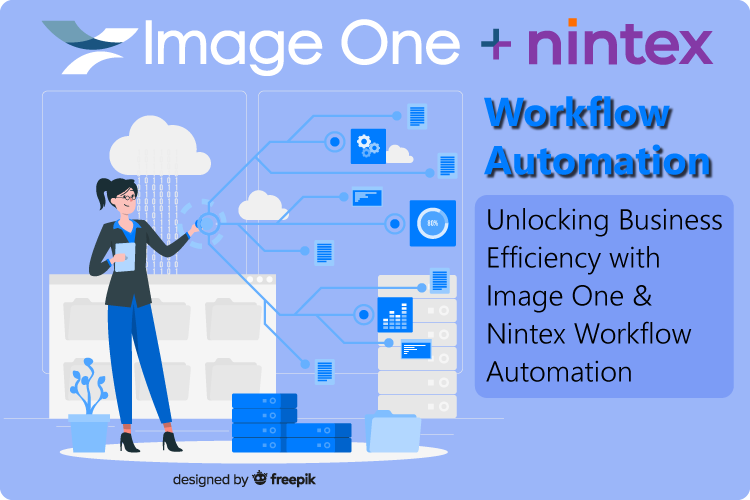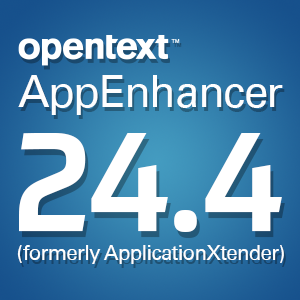Advanced EDM technologies can transform information governance
Thursday, April 18, 2013Enterprises have increasingly struggled to maintain operational efficiency and control over data storage. In order to address this issue, firms are implementing electronic document management (EDM) software with greater frequency to better organize files and fuel overall productivity.
A recent Easy Software survey found barriers to EDM adoption among organizations in a range of industries, including financial services, manufacturing, logistics and local government. The study revealed that 44 percent of CEOs cited "resistance to change" by staff as the biggest challenge in adopting new document management solutions, while another 12 percent said that hesitance from management teams was the main issue. Finance departments were most likely to embrace EDM investments (52 percent) followed by operations and manufacturing (26 percent) and IT (20 percent). The survey also found that the major benefits seen to adoption included a reduced reliance on paper (20 percent), reduced storage needs (16 percent) and improved sharing of information (15 percent). One respondent commented that in addition to lowering storage demands for files, an electronic system has provided automated archiving, which eliminated many organizational and administrative burdens.
Centralized management is key
Business Spectator highlighted the benefits to these solutions, explaining that when implemented as a single, unified platform, capabilities extend far beyond basic paperless filing. Instead, firms can utilize the electronic system to support records management with intelligent capture, business process automation and advanced workflows. However, the source warned against deploying a mix of multiple vendors or combination of purchased and home-grown software, which can hinder information governance objectives.
The first step to a successful EDM deployment, according to Business Spectator, is to consolidate systems. Rudimentary document routing workflow, the source explained, can be detrimental to IT efficiency and integration with office applications. Business Spectator advised mapping a strategy for eliminating disparate, redundant or unnecessary systems and migrating to a centralized content management platform.
Systems integration is critical, as the news source asserted that automating user tasks eases the process of retrieving information. Business Spectator emphasized that the electronic solution should work in real-time as opposed to periodically updating to avoid any transaction errors. Only systems that can handle database-level exchanges without relying on scripting or custom coding can minimize failures.
By implementing advanced digital solutions to store data, firms can benefit from more controlled, manageable information, which can in turn enhance insight and fuel more rapid, effective decision-making.
Brought to you by Image One Corporation providing complete information governance since 1994.




